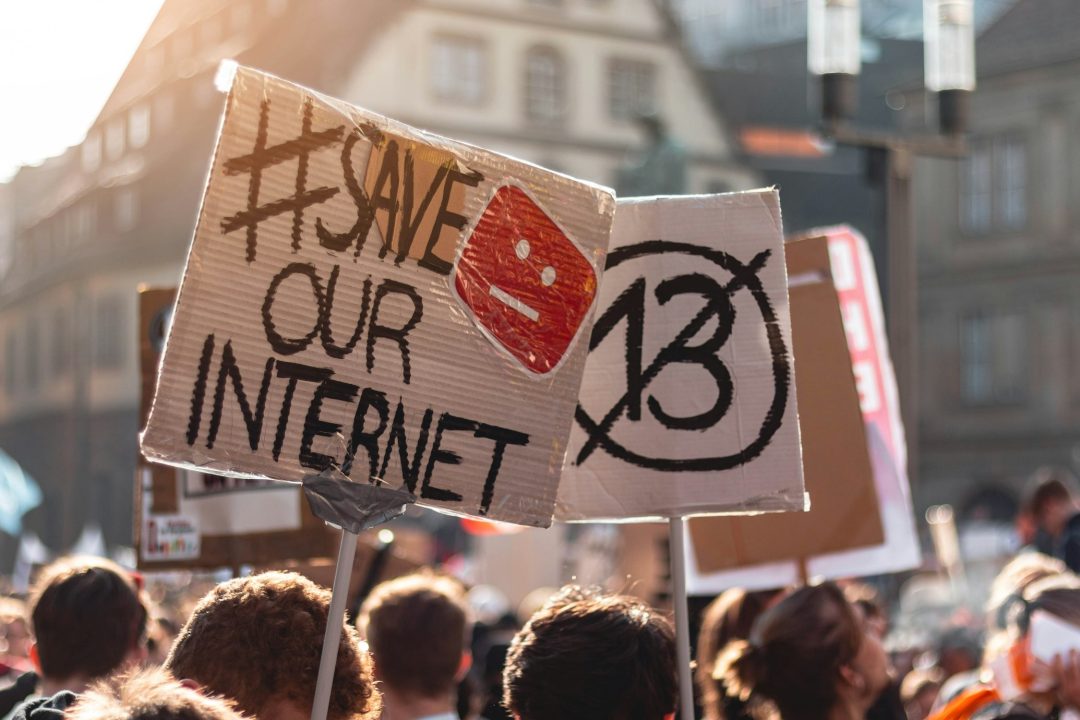The origin of the world wide web was once seen as a way to share the knowledge of the world. Anyone at any time could find anything they wish to find. This open access to knowledge scared those governments that have long controlled their citizens by controlling their access to information. Once the internet was available, these governments put systems in place to control and monitor all activity within their borders. The government of
Saudi Arabia and China have some of the most controlled access to the internet in the world compared to the United States that has a mass data collection system in place. Saudi Arabia’s web policies are set up so that the monarchy, controlled by the House of Saud, has full control to implement any censorship they wish at any time. After the murder of Washington Post journalist Jamal Khashoggi at the Saudi consulate in Istanbul, the amount of censorship doubled and western news agencies like Fox News and The New York Post were blocked. There are strict constraints on any type of VoIP (voice over internet protocol) services because they could be used to bypass any type of government surveillance. The Saudi government owns most of the ISP’s being used inside the Kingdom and all of them must use the banned site list that the CITC, The Communications and Information Technology Commission, releases. Failure to block any site on the list could lead to a fine of over one million U.S. dollars.
The web policies in the People’s Republic of China (PRC) center around the total limitation of information using what is referred to as The Great Firewall. It was started in the 1990s as a way to have surveillance on certain IP addresses. After Xi Jinping became the General Secretary of the Chinese Communist Party in 2012, he wanted all internet traffic to serve the communist party. This means that all capitalists’ ideas are blocked as well as most western websites such as Facebook, Google, and Twitter. The Chinese government also blocks anything that relates to the 1989 Tiananmen Square protests and the massacre that followed.
While the United States government does not regulate what its citizens can access on the internet, it is prohibited from doing so by the First Amendment of the Constitution, it does have extensive data collection systems in place. One of the largest facilities that the government has to store this data is called the Utah Data Center and is controlled by the NSA. It is estimated to store more than five zettabytes of information. To provide an idea of how much data that is, five zettabytes is equal to five trillion (5,000,000,000,000) gigabytes or 5 quadrillion (5,000,000,000,000,000) megabytes. In 2013, the full scale of the government monitoring of its citizens emerged when Edward Snowden, who at the time was working as a private contractor for NSA, released a considerable number of top-secret documents to journalists from The Guardian newspaper.
What Saudi Arabia, China, and the United States all have in common is they all wish to monitor their citizens to some level. Saudi Arabia and China take their surveillance to a severe level because those in power wish to remain in power for as long as they can. How democracy is set up in the United States does not allow for people to remain in power forever. So in place of regulating the internet, the U.S. government does massive data collection even on those that have never broken any laws. What this surveillance and control make clear is that people want information and privacy when not in public. The free access to information for everyone holds everyone accountable for their actions.

